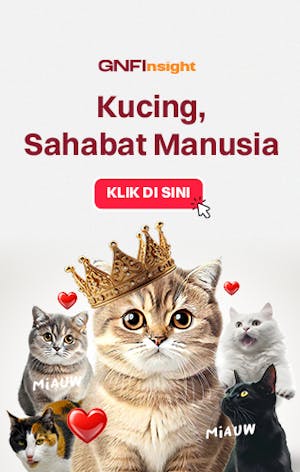We really need to admit, Singapore has been a miracle. From a third world country to become the first, from a sleepy town to become economic powerhouse. Singapore gets global praises for its achievements in many many sectors. Enough said. I am sharing you something about Singapore, something we need to learn. Enjoy! How a Singapore-Based Exporter Built A Global Power From Nuts and Beans Singapore. If you are biting into a Mars chocolate bar, munching Planters peanuts or sipping a cup of Nescafe anywhere in the world, chances are Sunny Verghese had a hand in it. Few people outside the food industry have heard of the Singapore-based commodities tycoon or his company, Olam International, but it has a far-reaching impact on global consumers and is one example from a sector that has fared relatively well in the global crisis. Verghese transformed an obscure cashew exporter in Africa into one of the world’s largest commodities traders, generating sales of $6.2 billion in the year to June and making him very rich in the process. During the period, Olam International’s net profit soared 50 percent to $181 million despite the worst global economic slump since the Great Depression, thanks to steady demand for its products. “Even in a recession, people have to eat,” Verghese, an Indian-born British citizen, said in an interview after being named one of Singapore’s 40 wealthiest people this year, with a fortune estimated at $170 million. Olam International has come a long way from its humble beginnings 20 years ago. “At that time, we just wanted to become the largest cashew nut exporter out of Nigeria,” Verghese said in his downtown Singapore office. The affable 50-year-old has been living in the city-state since 1996, when the company shifted its headquarters from London, attracted by tax and other incentives for corporations that base themselves in Singapore. In addition to cashews, Olam sells other edible kernels and soft commodities such as spices, beans, coffee, sugar and grains to consumer giants like Sara Lee and Kraft Foods. Olam was listed on the Singapore stock exchange in 2005 and the island’s powerful investment agency, Temasek Holdings, took a nearly 14 percent stake earlier this year. “I haven’t sold a single share in the last 20 years since I have been a shareholder,” said Verghese, who has a 6 percent stake. Verghese, who is accustomed to keeping a low public profile, said he was “mildly irritated” at being named Singapore’s 36th wealthiest individual by Forbes. But this doesn’t deter him from making even more money. To drive long-term growth, the company will diversify further and go “upstream” into plantations and “midstream” into value-added processing, Olam said in its latest annual report. “Food raw materials and ingredients are relatively more recession-resilient,” the report said. Olam International has moved into the packaged-food business with a chain of processing factories located as far away as Brazil churning out tomato paste, pasta, margarine and other items. It announced recently it was buying an almond plantation in Australia for $114 million. Its competitors include London-based Armajaro and US-based Archer Daniels Midland. “We definitely didn’t expect this company to become so big,” said Verghese, who was headhunted to start the business in 1989 by an Indian conglomerate, Kewalram Chanrai. “Gradually our ambition grew and as we became more successful and as we accumulated and compounded our skills, we began to stretch our ambitions,” he said. He said the company’s success lies in sourcing agricultural raw materials directly from “difficult” producing countries like Nigeria and delivering them to end users on a reliable and consistent basis. Cost discipline and access to scarce capital have also played a role in helping Olam weather the global slump, he said. Source: The Jakarta Globe
Cek berita, artikel, dan konten yang lain di Google News














